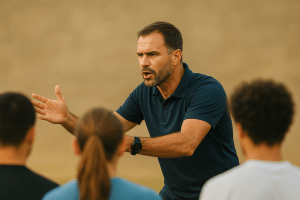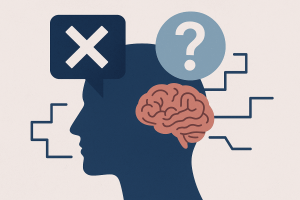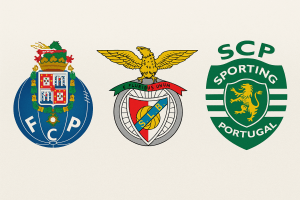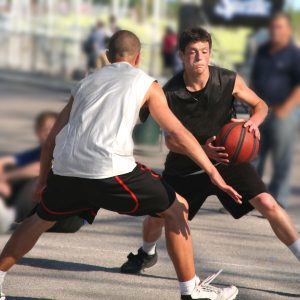TRAINING BEHAVIOURS
By Jorge Araújo
Former professional basketball coach
I’ve been a professional basketball coach for almost 40 years. But my experience is by no means exclusive to my sporting past. Also at community level, in the family, at primary or secondary school, at university, in the club or in the training of company staff, coaching from a behavioural point of view means improving skills, modifying and differentiating attitudes and behaviours at the service of the WHOLE to which we belong.
It’s an activity that entails information and continuous training, teaching the expected and, above all, training and managing the unexpected contained in day-to-day life. It requires practice (experimentation) of what we intend to teach, in conditions that are as demanding, if not more so, than those the trainees will face in reality.
The fundamental reference point for those who train behaviourally must be the specific activity for which they want to prepare, naturally framed by the common objectives to be achieved.
We “feel” throughout our lives, with a certain meaning and in a way related to the possible usefulness of what we observe or come into contact with. We are open to the world around us and simultaneously within that world as active subjects who influence and are influenced. We establish connections with others and the things around us, reacting through our whole body, a body that is us living it. Through this bodily condition, we experience and interact with everything that surrounds us.
In fact, our behaviour is precisely the name of this relationship and accumulation of experiences, in a continuous circularity between our body and what we live and experience. A learning process and the acquisition of a certain body memory and corresponding behavioural wisdom. Wisdom that means, in a continuous way, the incorporated apprehension of what we mean by learning and training in the behavioural area. A true experiential whole sustained by bodily plasticity, projecting ourselves into the world as a vital, sensory and dynamic unit (as a whole). It makes no sense to persist with the scientific thesis that lasted for years and which reduced the human order to “slices” corresponding to anatomy, physiology, psychology, neurology, biochemistry, etc.
We are living beings who act globally on a physical, mental, emotional, social and spiritual level.





